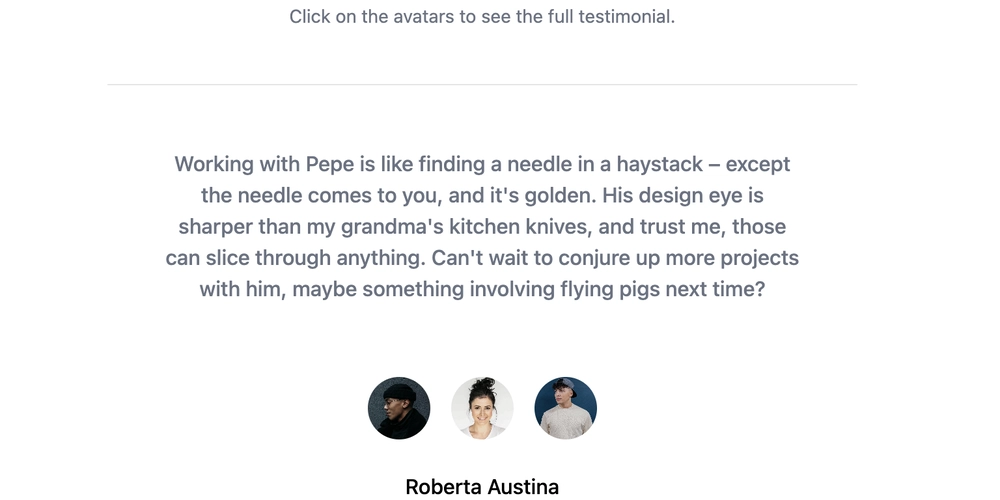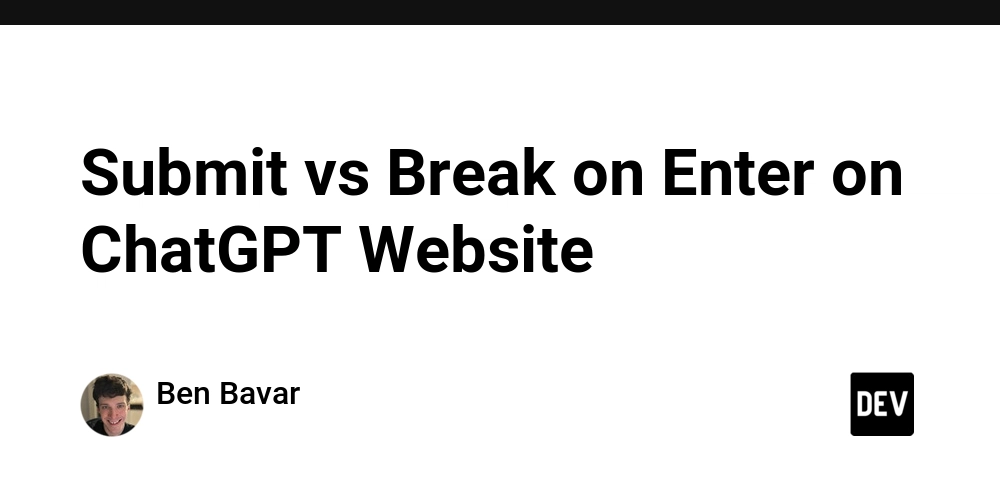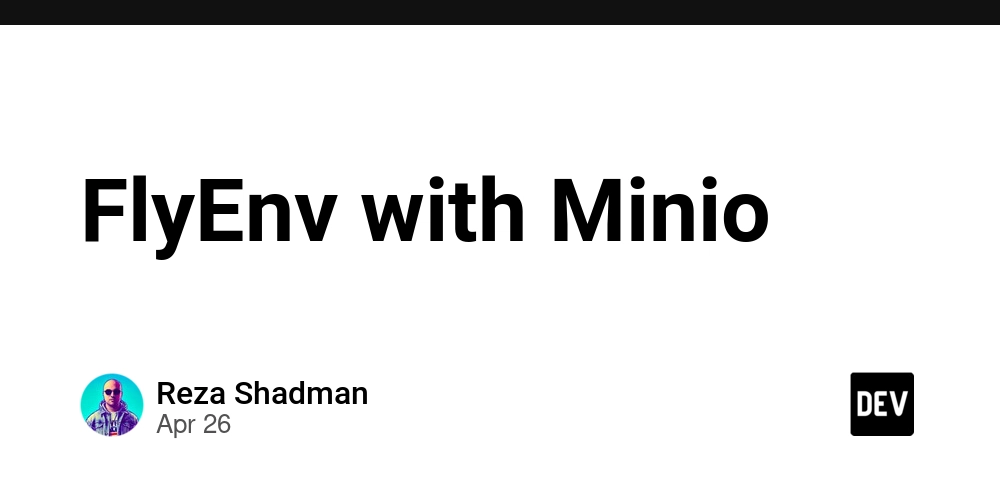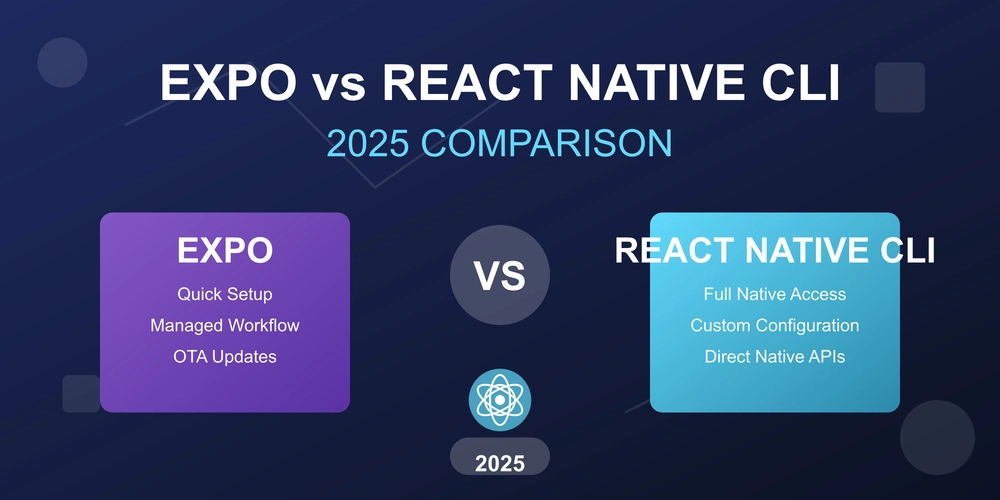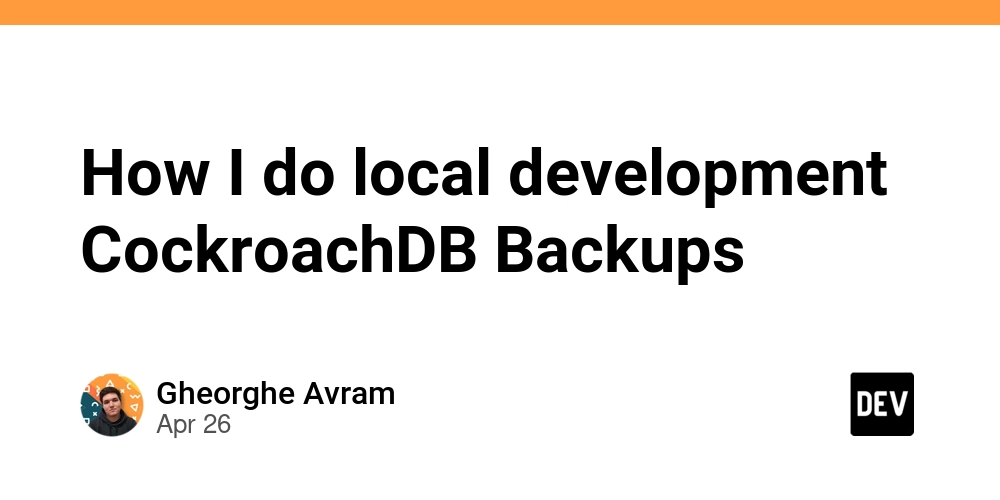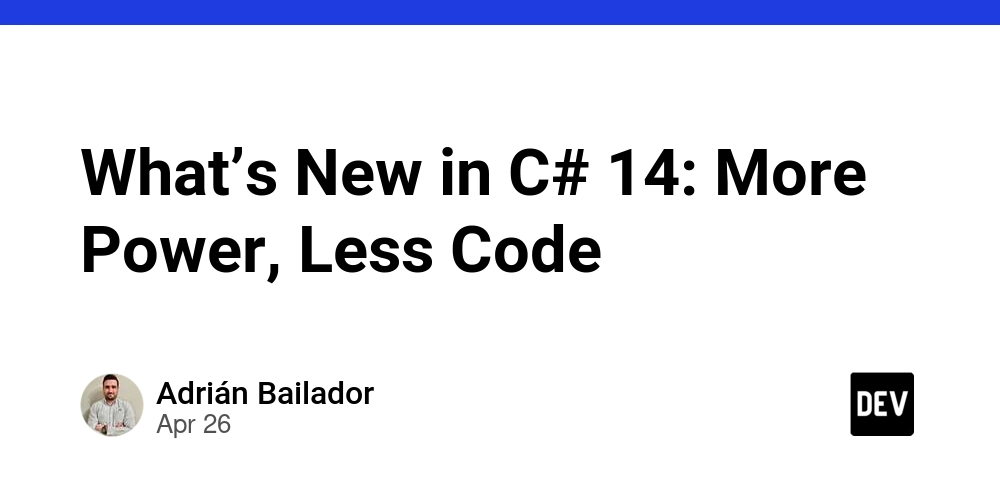
C# 14 Features: Simplify Coding & Boost Performance in .NET 10
The .NET ecosystem is constantly evolving, and C# 14, released alongside .NET 10, delivers exciting new features designed to make your code cleaner, more efficient, and more powerful. Ready to see how these improvements can streamline your development process? Let's dive into the key enhancements offered by C# 14.
Extend Existing Types with C# 14 Extension Enhancements
C# 14 takes extension methods to a whole new level. Now, you can define properties and indexers directly within extension blocks, giving you more power to enhance existing types without modifying their original code.
- Enhanced Encapsulation: Encapsulate reusable logic without altering the original type's definition.
- More expressive code: Write more readable and maintainable code.
Here's an example of how you can use extension enhancements:
Simplify Null Handling with Improved Null-Conditional Assignment in C# 14
The ??= operator gets an upgrade in C# 14, allowing it to work with more complex null-conditional expressions. This offers a cleaner, more elegant way to assign values only when something is null, eliminating the need for verbose if statements.
- Cleaner assignment: Easily assign default values when nulls are encountered.
- Reduced boilerplate: Write cleaner code by avoiding verbose
ifstatements.
Example usage:
This simplifies null handling, resulting in more concise and readable code.
Get Type Names Easily with nameof for Open Generic Types
C# 14 introduces the ability to use nameof with open generic types. This means you can programmatically retrieve the name of a generic type (e.g., "List") for logging, code generation, or validation purposes.
- Dynamic Type Identification: Easily retrieve names of generic types at runtime.
- Ideal for Code Generation: Streamline code generation processes.
Example:
Memory Management: Better Support for Span<T> and ReadOnlySpan<T>
C# 14 expands implicit conversions between Span<T>, ReadOnlySpan<T>, and arrays (T[]), making high-performance memory operations safer and easier to work with. This enhancement allows for more efficient data manipulation without unnecessary copying. Developers working with performance-critical applications will find this feature invaluable.
Streamline Lambda Expressions with Modifiers
Lambdas in C# 14 now support modifiers like ref, out, in, or scoped without requiring explicit parameter types. This enhancement proves particularly useful when working with APIs that involve references or output parameters, resulting in cleaner and more expressive lambda expressions.
- Concise syntax: Reduces boilerplate and improves readability.
- Enhanced API interaction: Simplifies working with APIs using references and output parameters.
Here's an example of a lambda expression using out modifier:
Direct Access to Auto-Property Backing Fields with field
C# 14 allows you to directly access the backing field of an auto-implemented property using the field keyword. This subtle yet valuable feature enables you to add validation logic or custom behavior within the property setter without needing to declare a private field manually. This improves code maintainability and reduces boilerplate.
- Simplified Validation: Easily add validation logic to auto-properties.
- Less Boilerplate: Reduces the need for manual backing field declarations.
Example:
Code Generation: Partial Constructors and Events
Expanding on the concept of partial members, C# 14 introduces partial constructors and partial events. This is beneficial in code generation scenarios or when working with partially generated classes. This allows for greater flexibility in managing generated code.



